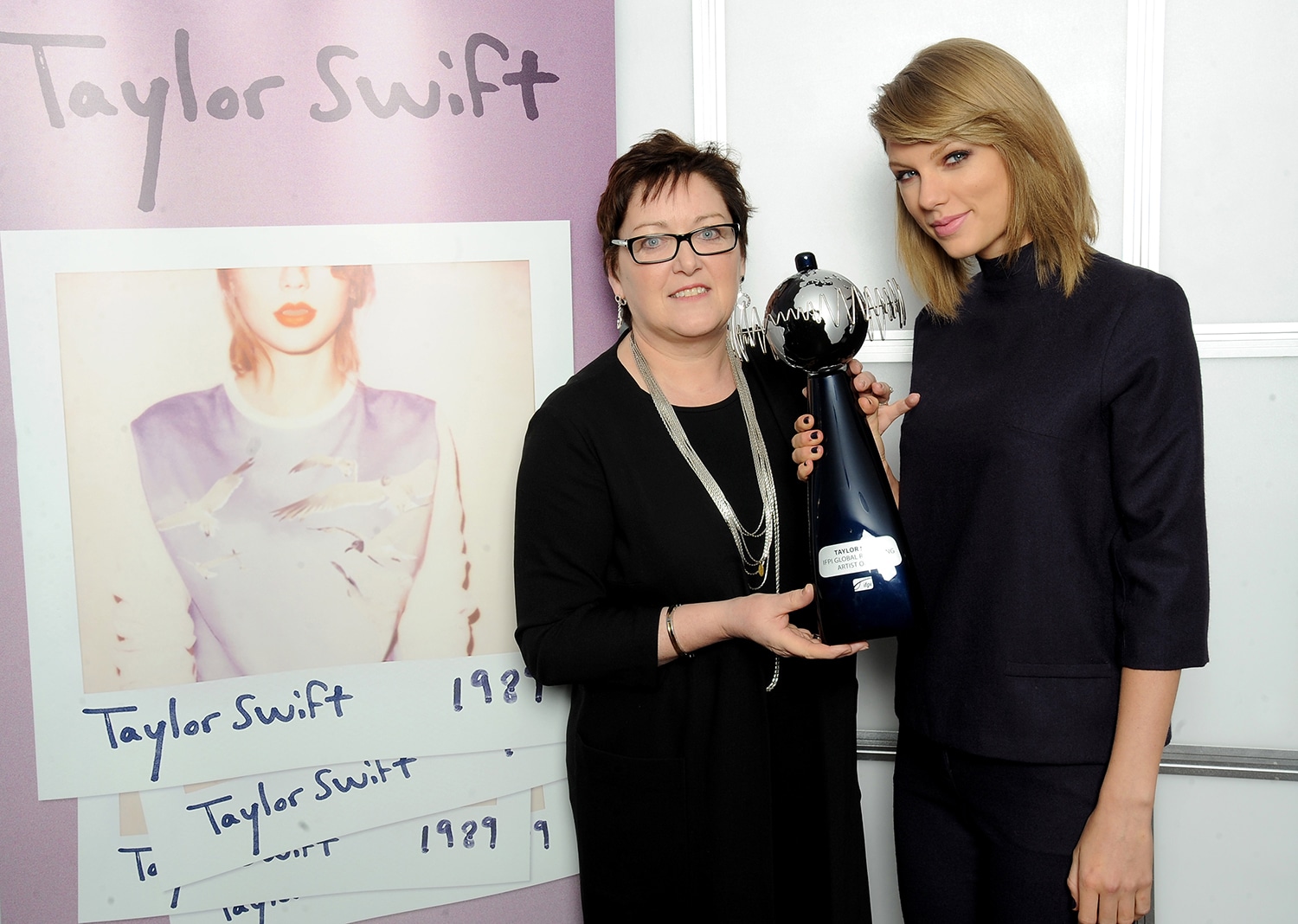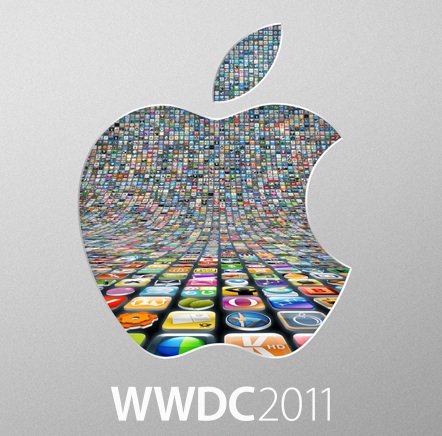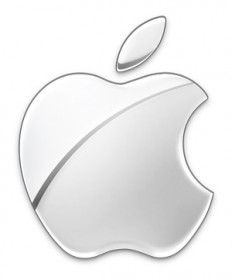It just got a whole lot harder for online music retailers to compete with iTunes. Although I stop purchasing music from iTunes years ago and buy only DRM-free music (I settled on a monthly subscription with eMusic – which will still be my jam for more obscure left-of-the-dial music for the time being), the announcement by Apple on Tuesday that they are immediately dropping DRM (Digital Rights Management) from 8 million tracks changes things slightly.
Videos by American Songwriter
 It just got a whole lot harder for online music retailers to compete with iTunes. Although I stop purchasing music from iTunes years ago and buy only DRM-free music (I settled on a monthly subscription with eMusic – which will still be my jam for more obscure left-of-the-dial music for the time being), the announcement by Apple on Tuesday that they are immediately dropping DRM (Digital Rights Management) from 8 million tracks changes things slightly. Here’s what this announcement means to me:
It just got a whole lot harder for online music retailers to compete with iTunes. Although I stop purchasing music from iTunes years ago and buy only DRM-free music (I settled on a monthly subscription with eMusic – which will still be my jam for more obscure left-of-the-dial music for the time being), the announcement by Apple on Tuesday that they are immediately dropping DRM (Digital Rights Management) from 8 million tracks changes things slightly. Here’s what this announcement means to me:
A) Labels are continuing to relinquish more control over their product (which is a good thing).
B) It’s likely that iTunes market share will increase over and above their already commanding 70%+ of the legal online download market (which is not a good thing for competition).
C) Other players (like the leap year bug plagued Zune) will be able to play music from the Apple store (only after it is converted from AAC to MP3 though, which iTunes can do but is not ideal).
The truth is, aside from folks that are deep in the music business, how many consumers are really going to notice a difference? Do many casual music fans with an iPod know that iTunes had DRM files to start with?
Overall, the fact that Apple is removing DRM is definitely a step forward for the music industry. But I do tend to think that the real game changer for online music will be some sort of collective licensing model along the lines of what the EFF proposes. According to the IFPI, the ratio of unlicensed tracks downloaded to legal tracks sold is about 20 to 1. There are extreme opinions on both sides of the very complex collective licensing model discussion, but finding a way to monetize this traffic in a way that positively affects artists will have a much greater impact to the music industry than Apple’s DRM announcement. Baby steps!













Leave a Reply
Only members can comment. Become a member. Already a member? Log in.